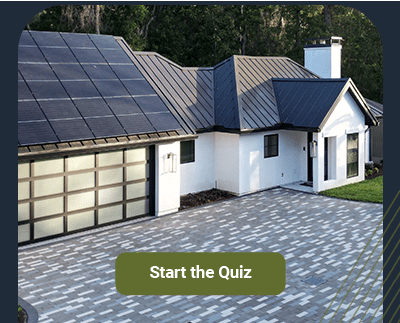Choosing Your
New Roof
Now that you’ve decided you need a new roof and know how you’re planning to pay for it, it’s time to start thinking about how to choose your new roof. As you’ll soon realize, there are dozens of different roof options to choose from. Every year, more styles pop up on the market, so it’s important to pick the roof that’s right for your home.
As you browse through your roofing choices, here are a few factors to consider:













